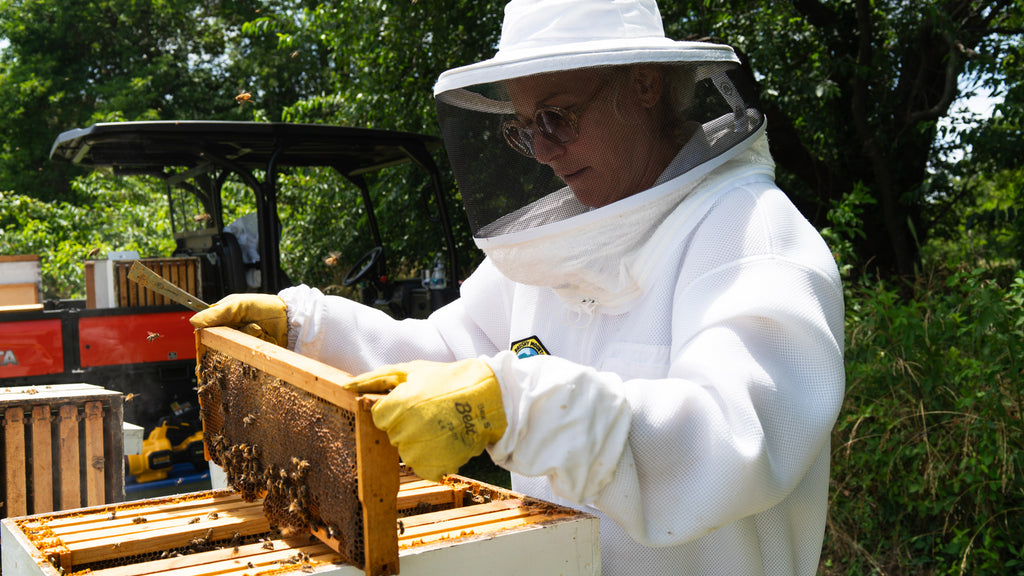In our relentless quest for agricultural efficiency and neat landscapes, humanity has turned to a variety of chemical solutions. Glyphosate, the active ingredient in the widely used herbicide Roundup, epitomizes this approach. Lauded for its effectiveness, glyphosate has become a staple in the toolkits of farmers, gardeners, and groundskeepers globally. But at what cost?

Understanding Glyphosate
First introduced in the 1970s, glyphosate's popularity surged due to its broad-spectrum, non-selective weed-killing properties. It works by inhibiting a specific enzyme pathway necessary for plant growth, effectively making it a death sentence for the weeds it targets. Over the decades, its application has expanded from agriculture to residential gardening and even into the management of aquatic plants.
The Health Concerns
While glyphosate's efficacy is undeniable, its impact on human health raises concerns:
Short-term Exposure
- Asthma and respiratory irritation
- Skin irritation
- Eye irritation
Such symptoms often arise from direct contact with glyphosate formulations, underscoring the importance of protective gear during application.
Long-term Exposure
- Increased risk of certain cancers: Most notably, glyphosate has been linked to non-Hodgkin lymphoma, a type of blood cancer.
- Potential endocrine disruption: There is ongoing research into glyphosate's effects on the human hormonal system.
- Reproductive and developmental issues: Animal studies have suggested that long-term exposure can affect reproductive health.
Glyphosate and the Environment
Beyond its effect on human health, glyphosate poses risks to ecosystems and non-target organisms:
- Pollinator Vulnerability: Research, including findings from PAN Europe, highlights glyphosate's detrimental effects on honey bees. The chemical can weaken bee colonies, making them more susceptible to diseases and disrupting bee brood development.
- Aquatic Life: Glyphosate runoff into water bodies can harm aquatic plants and animals, altering ecosystems and reducing biodiversity.
- Soil Health: Repeated glyphosate use can affect soil microbiota, impacting soil health and plant nutrition.

Necessity for Change
Given the growing concerns surrounding glyphosate, there's an increasing push towards more sustainable and non-chemical weed control methods. Organic farming practices, biological control methods, and mechanical weeding are gaining traction as safer alternatives that minimize environmental impact.
Staying Informed
The debate around glyphosate is complex and evolving. With ongoing research and regulatory reviews, staying informed is crucial. Websites like drugwatch.com serve as valuable resources for those looking to understand the implications of glyphosate usage better. They offer comprehensive guides on everything from usage and exposure to the legal battles surrounding glyphosate-related health claims.
Call to Action
If you're concerned about glyphosate's impact on health and nature or are looking for more information, I encourage you to visit drugwatch.com. Knowledge is power, and understanding the substances we introduce into our environments and bodies is the first step toward making informed decisions for a healthier planet.
The reliance on chemical solutions like glyphosate underscores a larger issue within our society's approach to nature management. It's time we reconsider our practices, weigh the benefits against the potential risks, and explore alternatives that safeguard both our health and the environment.



